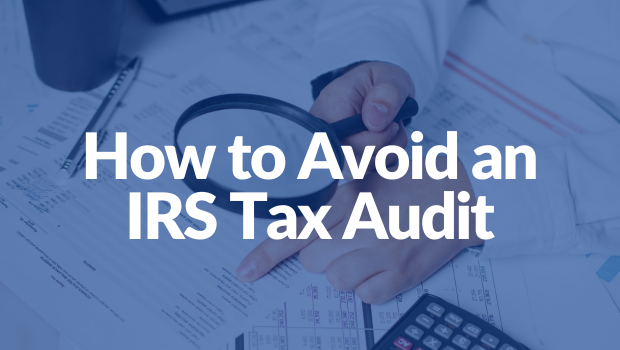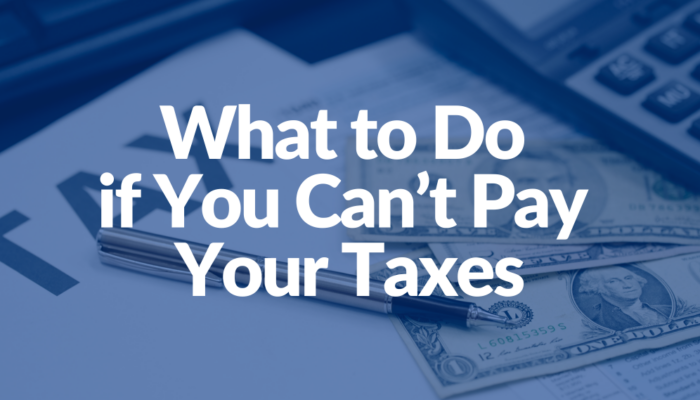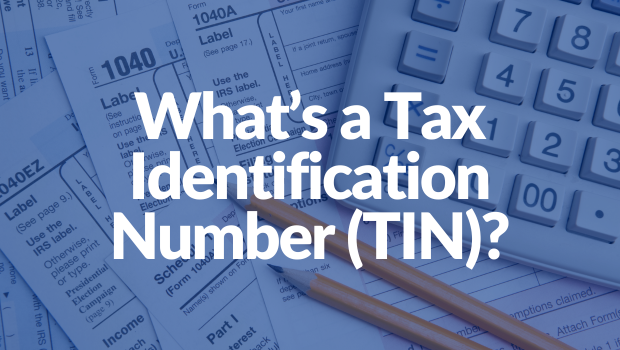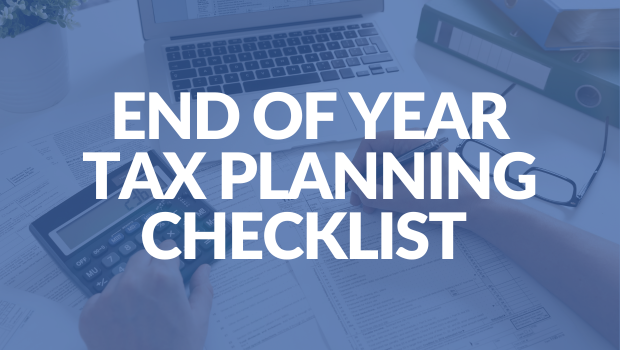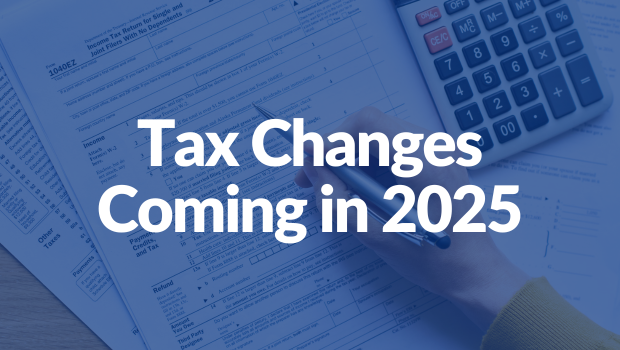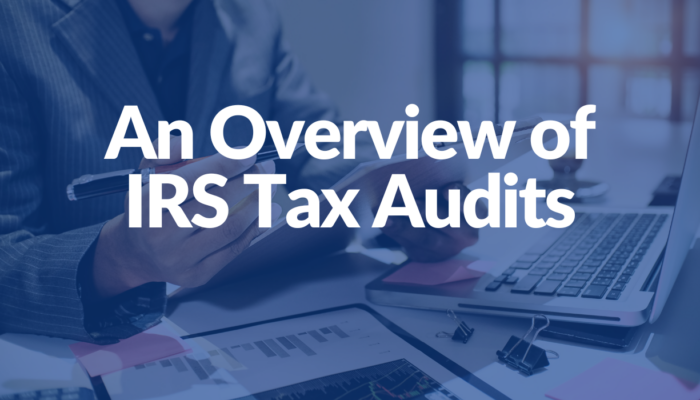Paying taxes to the IRS is bad enough, but getting audited might be worse. It’s one thing to get an
unexpected tax bill, but spending so much time gathering documents and complying with revenue agent
requests makes it feel like the IRS is adding insult to injury. While there’s no comprehensive list of IRS
audit triggers, the following is a discussion of red flags that could lead to an audit.
Underreporting Income
One of the biggest reasons for a tax audit is that the income reported on a tax return doesn’t match
income information that the IRS receives from third parties. Your employer, bank and any other
institutions where you generate reportable income usually report that income directly (or indirectly) to
the IRS with W-2s and 1099s.
Using Round Numbers
Whether it’s income or an itemized deduction, very few independent contractor taxpayers rarely make
exactly $70,000 annually or have deductible business expenses for travel and client lunches that add up
to a perfect $4,000 for the year. Using round numbers probably doesn’t automatically result in an audit,
but likely serves as one of several factors when deciding who to audit.
Unusual Tax Deductions
If you claim a large number of deductions or deductions that seem out-of-place for your profession,
then those could potentially raise audit red flags. For example, if you work from home, then a home-
office deduction is to be expected. But if this deduction is also claimed along with an energy-efficient
commercial building deduction, then that could seem a bit odd to the IRS.
Another example is one or more large charitable deductions when you earned a comparably small
income. Think about it, it’s not unusual to earn $50,000 in a year and claim a $300 deduction to a local
charity organization. But if you earned $20,000 and made a $8,000 charitable donation, that’s a bit
unusual and could trigger the IRS asking that you produce documents to substantiate the deduction
and/or your income.
Consistent Business Losses
The IRS is wary of individuals who try to claim business-related deductions and losses for activities that
are hobbies. You might enjoy fishing and think you can write off the cost of your fishing boat as a
business expense because you also claim you’re a professional angler.
One way for the IRS to see if you really use your fishing skills to pay your bills and feed your family is to
see if your business turns a profit. It’s common for businesses to have down years, but the IRS often
views several consecutive years of business losses as a possible sign that someone’s engaged in a hobby
and not a career. If the IRS has this suspicion, they sometimes conduct an audit to see if they’re right.
Earned Income Tax Credit
The Earned Income Tax Credit (EITC) is often improperly claimed. This is usually the result of confusion
about credit eligibility. However, as a result of the high frequency of EITC errors, the IRS pays special
attention to tax returns that claim these credits.
Earning Too Much or Too Little
Generally speaking, taxpayers at the lower and higher-income scales are at higher risk of audit .
Specifically, the biggest risk of an audit came from those earning less than $50,000 or more than $1
million per year. This makes sense, as lower-income filers tend to be more likely to claim certain tax
credits, such as the EITC and higher-income filers have money to make an audit and other tax collection
activities worth the IRS’ time and effort. There’s also the fact that wealthier taxpayers often engage in
more aggressive tax avoidance strategies.
Inconsistent Income
Large swings in income can sometimes indicate that the income isn’t being properly reported to the IRS.
For instance, if you earned $145,000 per year for five years, then your income dropped to $65,000 for
the next few years, that probably won’t lead to an audit in and of itself. But change things around a bit
and you go from earning $145,000 for five years, then $65,000 for one year, then back up to $150,000 in
the next year. Now the IRS might suspect you underreported your income during the year you made
$65,000.
Worried About a Tax Audit?
The exact triggers for an IRS audit aren’t publicly known, but the above should give you a rough idea of
things you can try to reduce your chances of an audit. If you’re particularly worried about an audit, it
might be worth talking to a tax professional. They can help you identify potential risks and should you
get audited, assist you through the process.

